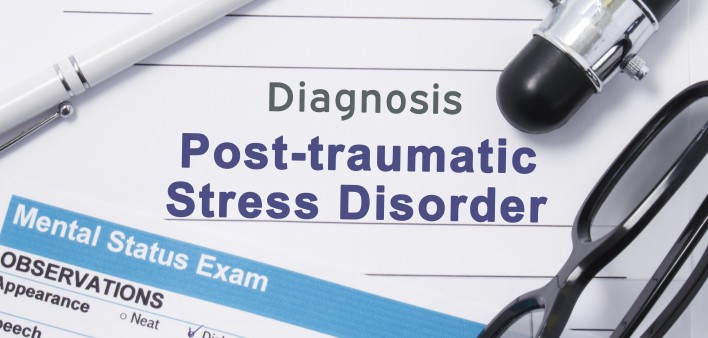Posttraumatic stress disorder (PTSD) often occurs in people who have experienced a disturbing event. But many cancer survivors are also living with PTSD, suggest new study findings published in the journal Cancer, reports the Wiley News Room.
Initially, researchers studied 469 patients with various cancer types within one month of diagnosis at a cancer center in Malaysia. Patients received additional testing after six months and again after four years.
While there was about a 22 percent incidence of PTSD during the six-month follow-up, rates dropped to about 6 percent after four years of follow-up. Even with the decrease in rates, one third of patients who were initially diagnosed with PTSD had persistent or worsening symptoms.
“Many cancer patients believe they need to adopt a ‘warrior mentality’ and remain positive and optimistic from diagnosis through treatment to stand a better chance of beating their cancer,” said Caryn Mei Hsien Chan, PhD, of the National University of Malyasia in Kuala Lumpur and the study’s lead author. “To these patients, seeking help for the emotional issues they face is akin to admitting weakness.”
In addition, researchers discovered that patients with breast cancer were 3.7 times less likely to develop PSTD at six months than at four years. Scientists believed a support and counseling program for breast cancer patients at the cancer center included in the study may have played a role.
“A lot of others have looked only at a few cancer types—like breast cancer, which tends to have more support services,” said Fremonta Meyer, MD, a psychiatrist at the Dana-Farber Cancer Institute in Massachusetts and the study’s coauthor. “Ours enabled us to capture a wide variety of cancer types, including rare cancers and those where there isn’t as much social acceptance and support.”
One major study limitation was that researchers examined only patients in Kuala Lumpur, reports STAT News, which may be important to note because cultural differences could heavily sway patients’ response to a cancer diagnosis.
Despite this caveat, Chan suggests that these findings show an increased need for psychological evaluations and support services for patients with cancer during the beginning stage and onward.
Click here to learn about how patients who report problems early during cancer treatment may survive longer.







Comments
Comments